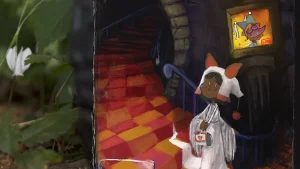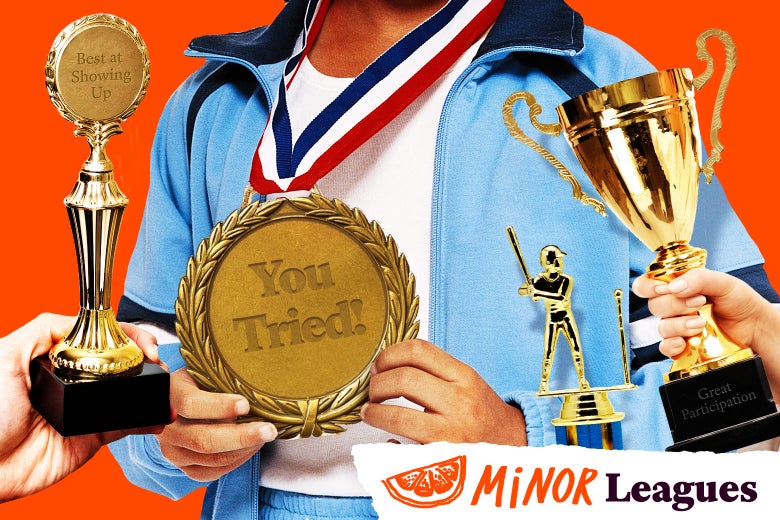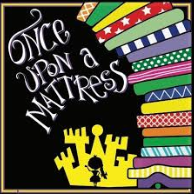Why participation awards are more harmful than helpful
Participation awards give children a false sense of accomplishment.
There is an argument that participation awards are more harmful than helpful. The argument talks about how rewarding people for just participating gives them a faux sense of esteem. The awarders give these children no motivation to actually try, if they know they are going to be rewarded for just being there.
Constant praise for tiniest accomplishments creates an over-inflated ego for the child. The effects of narcissism this gives the child can impact their ability to make friends, do well in sports or school, and at home. Over praising a child can prevent them from experiencing failure, and grow to never learn from it.
Participation awards deflate the child’s sense of competition. Losing can be an opportunity for these children to work harder. Rewards should be earned rather than given away because without the knowledge that children didn’t succeed, they would never try to improve their skills.
Although, there are good side effects to participation awards, many of which include; it makes the child feel good about being on a team, and that they don’t feel left out from their peers. It raises the chance that the child will want to return to play.
Furthermore, it is more commonly believed that participation awards are more harmful because the children’s sense of failure is distorted. It teaches them that if they struggle, they are more likely to give up than try harder. This is because they were always told they were special instead of looking within themselves on how they can do better.
Parents are also to blame for this negative impact, they haven’t allowed their children to experience failure, further sheltering them even more. Praising children for the wrong reasons forces them to never learn from their mistakes and constantly gives them an air of speciality and invincibility.
These awards do not give proper recognition to the people who properly deserve it, leaving them to feel as though their hard-work isn’t recognized. Seth Mitchell, an opinion writer, talks about the positive and negative effect of participation awards and whether or not participation is something worth celebrating. They offer a personal story on how participation awards felt to them.
All in all, is participation really worth celebrating? If all students have to do is show up, will there be any real passion or motivation to be a part of a team?




















